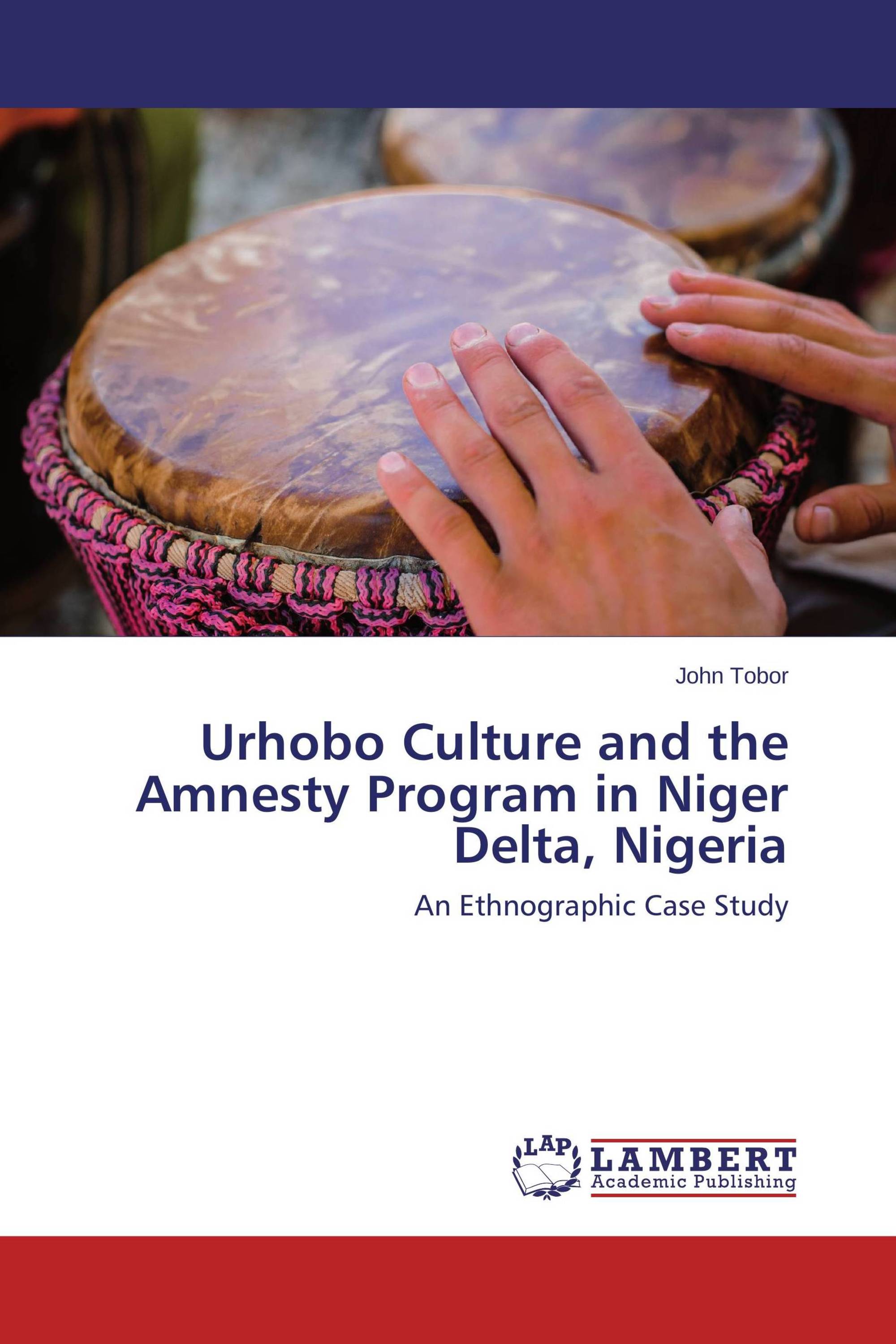Despite abundant oil resources, the residents of the Niger Delta endure extreme poverty, polluted environments, poor infrastructure, and high unemployment. In the early 1990s, these problems led to a violent uprising against oil exploration. In 2009 the government of Nigeria attempted to end the uprising by implementing an amnesty program for the militants that was designed to address the region’s problems. The amnesty program resulted in suspending the violence but so far has not resolved the region’s problems. If these problems are not addressed, the uprising may resume. Although the Urhobo people comprised the largest number of militants from the Western Niger Delta, there has been no research on whether there are aspects of the Urhobo culture that may be helpful for strengthening the amnesty program and preventing a return to violence by Urhobo ex-militants. Benet’s polarities of democracy model served as the theoretical framework for this ethnographic study. Data were collected through semi-structured interviews and observations of 20 Urhobo ex-militants to learn what might prevent their return to violence.
Book Details: |
|
|
ISBN-13: |
978-3-659-25508-3 |
|
ISBN-10: |
3659255084 |
|
EAN: |
9783659255083 |
|
Book language: |
English |
|
By (author) : |
John Tobor |
|
Number of pages: |
272 |
|
Published on: |
2015-03-10 |
|
Category: |
Philosophy |
